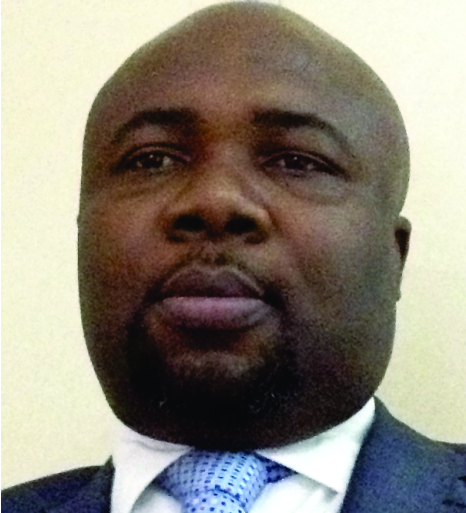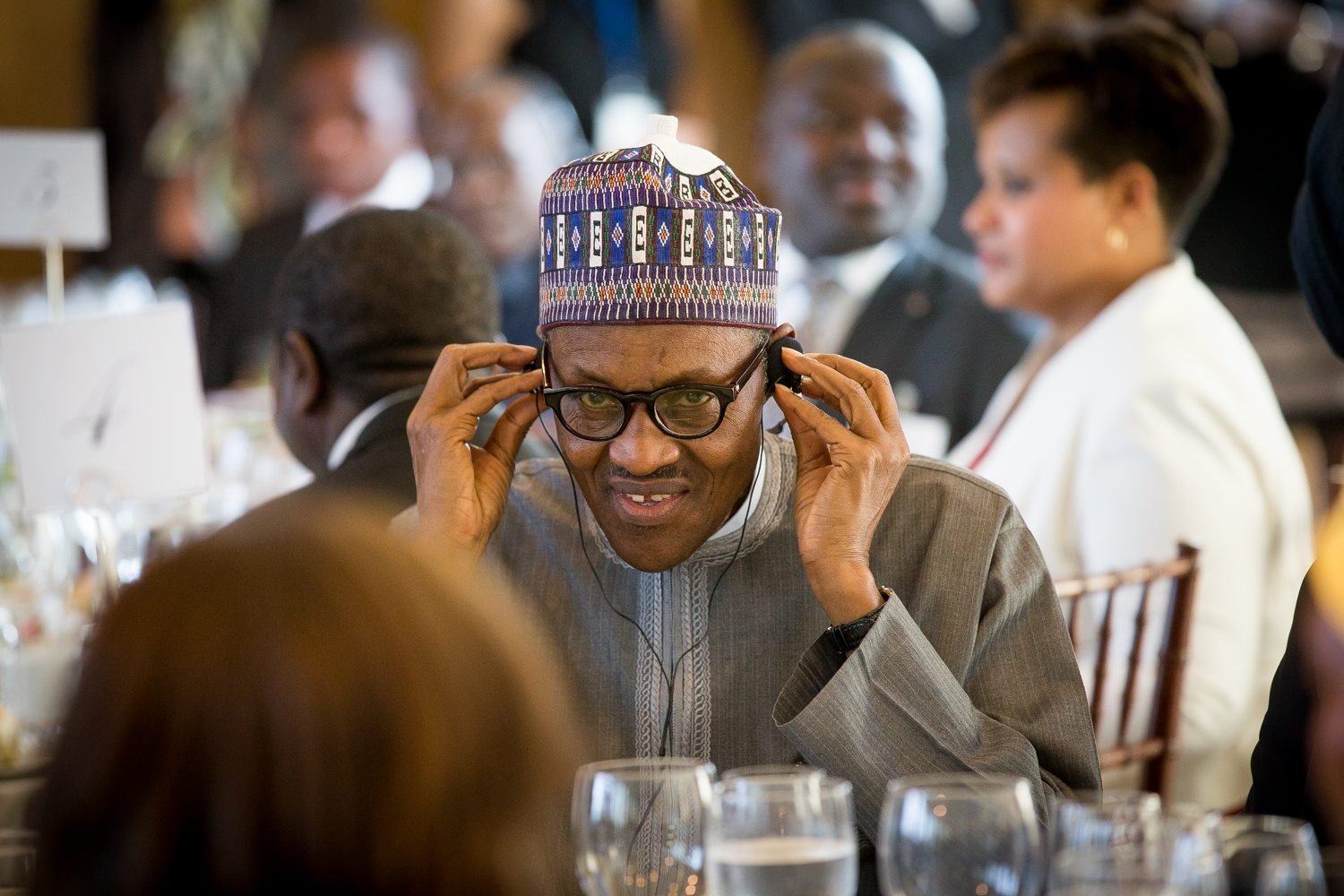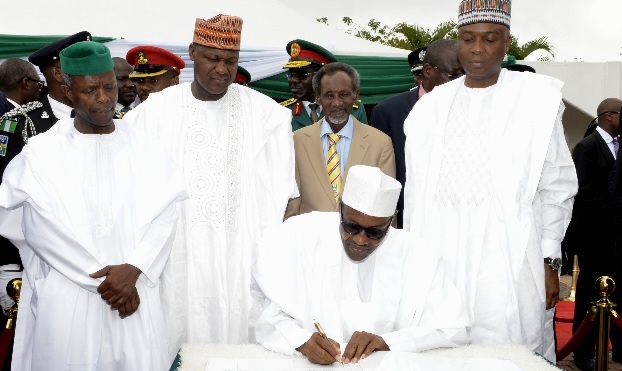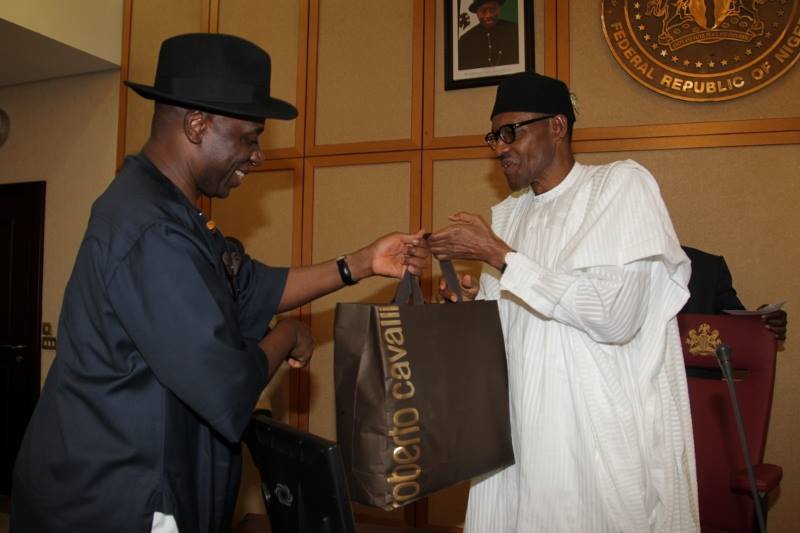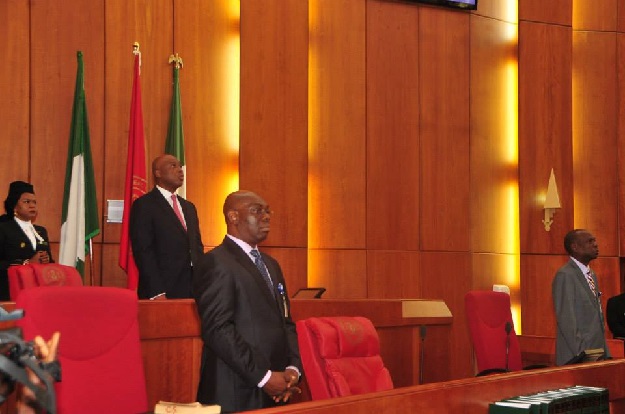The consequences of allowing the problems of kidnapping and armed robbery to fester in our states in Nigeria are too dire to be ignored. No matter the amount of economic output growth rate we record, there can never be any real economic development without citizens’ freedom to move about without fear of attack of any sort. In reality, economic growth itself is hindered when individuals and businesses are limited in their ability to move about and transact or develop their businesses.
Apart from limiting business expansion, insecurity challenges also significantly increase the cost of doing business, hence reducing the competitive advantage of businesses in our nation. This is dangerous for our drive to enhance non-oil sectoral growth and export promotion.
What about foreign direct investments? There are reasons why foreign investors would like to invest in our economic potentials (as earlier enumerated) but all those reasons pale into insignificance when compared to the disincentive provided by insecurity issues in the economy. Every investor (local or foreign) considers security as paramount in ensuring safe and profitable business operations. So, no amount of campaign for foreign direct investment inflows into Nigeria would work if we do not consciously address the issues of insecurity. And failure to attract these investments would definitely hurt our aspirations to create more jobs. This in itself is a recipe for more security challenges in the nation.
When kidnappers get away with the huge sums parted with by their victims’ families, the incentive to kidnap would increase. More alliances and connivances are formed. More unemployed youths are lured to join the “business” and more damage is done to our collective psyche as a nation. The resultant social crises could take any dimension. People could take the law into their hands, giving rise to revolts, anarchy, jungle justice, and other forms of social disorder. Like the Boko Haram insurgency, the cost of managing the crises occasioned by the worsening security situation could be very unbearable for the nation.
Advertisement
It is therefore imperative that conscious efforts and deliberate actions are taken by the federal, state and local governments in this nation to curtail these kidnapping and armed robbery incidents. One urgent action which all concerned stakeholders must take now is to sit together and fashion ways to enhance the effectiveness of the Nigeria Police Force. We need a more mobile, responsive, intelligent, and equipped police force in this country. The leadership of the police force must be retooled with the right leadership skills and attitudes. Men and women who are truly patriotic, visionary, and committed to the nation’s prosperity must be put at the helm of affairs of our security institutions.
The process of recruiting applicants into the police force must be reviewed to ensure that only men and women who have the passion, commitment, emotional intelligence, physical strength, and strong character for the sensitive assignment are brought into the force. Nigerian policemen must be adequately trained, and well-equipped with the right tools, gadgets and ammunition to provide excellent service to the nation. The salaries, allowances and other incentives paid to our policemen must be properly reviewed (upwards, of course), and implemented without further delay. A well-motivated and empowered force is what we require to sustain the peace, unity and prosperity of the Nigerian nation.
When the citizens and the police force share mutual disrespect and suspicion for each other, nothing can improve in our efforts to strengthen the security systems in Nigeria. There must be a conscious effort to improve trust and communication between the police and the policed. I strongly recommend that the police authorities should endeavour to organize regular or occasional town-hall meetings in every community where they operate to boost relations with the masses. Emergency or easy access lines to every police divisional office in Nigeria must be made available to all residents in these areas or the environs.
Advertisement
There is also an urgent need to improve the mobility of our police force. Stakeholders must work together to ensure that adequate amount of patrol vehicles are provided in every police divisional office. The police authorities must also conduct regular audit and self-assessment to ensure these vehicles are used for the purpose for which they are provided, as well as ensure proper maintenance of the vehicles. As a further measure to improve police mobility, the number of policemen posted on “special duties” – especially to guard individuals – must be curtailed to the barest minimum. Security is a public good and must be provided as such. When we get it right in policing the whole communities in Nigeria, the need for private police cover would obviously become diminished – for the good of all.
Apart from seeking ways to improve security services in Nigeria, our governments must move swiftly to deal with the increasing challenge of unemployment in Nigeria. Focus for employment generation in Nigeria must move from the public sector to the more reliable and efficient private sector. The governments must find innovative ways to partner with the private sector to strengthen entrepreneurship development in our nation – especially in the areas of sound and pragmatic education of entrepreneurs, easy access to affordable finance, as well as infrastructural development to support entrepreneural endeavours. Research has clearly proven that there is a strong positive correlation between entrepreneurship development and employment generation in the nations of the world.
Finally, there is a compelling need for the revival of a strong national orientation programme – with focus on our young people. Our youth need to be constantly challenged on the need to imbibe the values of integrity, honesty, discipline, hard-work, contentment, and conscientiousness in every aspect of life. The prevailing crave for materialism and get-rich-quick syndrome must be curbed from our cultures. And this requires exemplary leadership from every stakeholder – the governments, the families, the communities, the traditional institutions, the churches, the mosques, non-for profits, and all other vital institutions in our nation.
And the time to start is NOW!
Advertisement
Concluded.
Udemezue is a management and financial consultant, policy analyst and leadership advocate.
Views expressed by contributors are strictly personal and not of TheCable.
